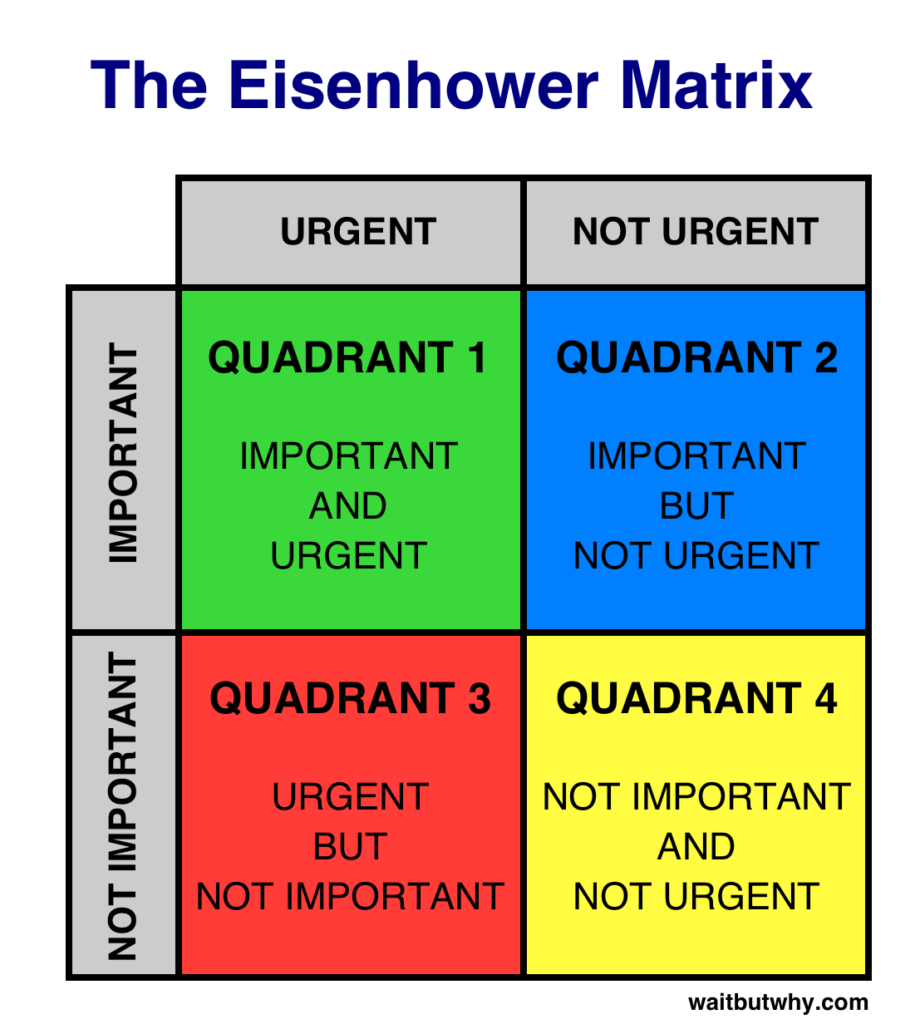About 18 months ago, I faced a cold, hard truth about myself – my mindset was holding me back.
I had this moment where it really clicked for me – this can’t go on. If I didn’t address it, I would be left with some serious regrets in life.
Since then, I’ve made working on my mindset one of my highest priorities. I’ve tried a lot of things, including all of the usual advice. I’ve taken courses, read books, done exercises and talked to a therapist. Sure, they helped lift me in the moment, but if I’m brutally honest – they didn’t make a lasting difference.
And that sort of led me to a depressing conclusion. Perhaps I’m hardwired to having this type of mindset? Luckily, I can’t accept that. Even so, I’d be lying if I told you I didn’t think that from time to time.
I’m in absolute awe of people like Jesse Itzler and Gary Vaynerchuk. They are full of optimism and confidence. But, I suspect this comes naturally to them. I struggle to see how I can reach anywhere near their level of confidence and mental toughness. I’ve come to realise that I will probably always have periods where I feel high, and periods where I feel low.
What I found instead, is a few strategies that really, really helped me improve and manage my mindset. They have helped me have more self awareness, and better manage the highs and lows. I may never have the confidence and mental toughness of Gary Vee. But, that doesn’t mean I need to accept that my mindset will hold me back from reaching my potential.
Before I share these strategies, I want to give a bit of background so you can understand where I am coming from.
I suffer with self doubt and anxiety, and I go through periods where I feel low, and it’s a real struggle to be optimistic.
I like to think I’m an organised and effective person. I’m very clear about what’s important to me, and I know how to get stuff done. But, my fragile mindset means I’m working with a very shaky foundation. It can blow apart my organised and productive world in an instant.
At times, I can feel on top of the world. When I feel like this, I am SO sure of my capability. I want to 10X my life, and I know it’s totally possible.
And then in a flash, it can come tumbling down.
One trigger can be seeing someone working hard in a low paying job. How on earth is that fair? Who am I to be in such a privileged position to be able to do big and interesting things, and get paid well for it? I get caught in a rut of imposter self talk, and I question the point in everything.
Another trigger can be something not going well enough at work (usually based on the ridiculously high expectations I have of myself). I start to question the point of me even being there? Surely there is someone else out there that could have done better, and should be doing my job instead?
Now, to be clear – I do always pull myself out of these moments. Sometimes I get back on track very quickly, but other times it takes days or weeks. But, I always do pull myself back on track. But goddammit, my life would be so much easier if I wasn’t pulled back by my mindset. I would do so many more great things.
So, as I said, I made working on my mindset a priority. It’s now one of a handful of key areas of my life I focus on – often the highest priority. I’ve established a few key questions that I ask myself at least weekly:
- Am I developing an optimistic and positive mindset – where I see life as full of opportunity?
- Am I pushing myself to feel confident and good enough? Where I feel capable of doing whatever I put my mind to?
- Am I questioning beliefs that hold me back, and trying to overcome them?
These questions have helped me stay focused on improving my mindset.
So, let’s dive into the strategies. Here are three strategies that help me to feel good, and stay in the ‘high’ periods for as long as possible:
Look after myself
OK, OK, I know you’ve probably heard this before – as had I. But, for a long while it didn’t click for me just how important this. It only hit home when I started to notice the correlation between when I looked after myself, and when I didn’t.
It comes down to three things:
- Drink very little or no alcohol.
- Get enough sleep.
- Exercise.
When I do all three, I tend to feel great about myself. And when I let at least two of them slip, I notice an immediate increase in anxiety and self doubt. This is a clear starting signal for a low period.
And of course, they are all connected. Drink too much alcohol, and you get rubbish sleep. Get rubbish sleep, and you’re less likely to want to exercise.
I say it in that order, because for me, reducing my alcohol consumption has been the game changer. I’ve cut back from two bottles of wine over the weekend. Now, I drink no more than two glasses over the weekend – and no more than one per night.
I’m hyper aware of these three things now. To the point where if I have a couple of nights of bad sleep, it’s on my radar to not let this extend to three or four nights. Because if it does, I know I’m at higher risk of a low period setting in.
Be in a positive feedback loop
This has been crucial for me. When I’m feeling good about myself, I’m almost always in a positive feedback loop. It’s really important for me to have regular feedback and evidence that I am good enough and capable.
And that doesn’t mean people actually giving me the feedback (although of course that’s always nice to hear). I get my positive feedback loop from seeing my impact. It reminds me that I am able to solve hard problems, and be useful – often in a way that many other people can’t.
When I’m going through a low period, there isn’t alot of tangible evidence of impact. That means my self doubt is much more likely to set in.
So, how do I influence that?
Well, firstly, I’m super picky about where I work nowadays. I need to be in an environment where I can be successful. That means working on things I am good at. Where there are enough hard problems to solve. And, having the autonomy to make a difference.
And then it’s a matter of being focused, and working on the right things.
A combination of the above usually means I can consistently make an impact, and be in a positive feedback loop.
Surround myself with positive people
This makes a world of difference. I need people around me that have energy and ambition. People who are positive and optimistic. People who are confident and take risks.
These people inspire me, and their personalities rub off on me. I’ve found I’m far less likely to dip when I’m regularly around people like this. I have more confidence.
I have a bunch of people like this both at work, and outside of work nowadays. And I follow a few people online who are great role models for being mentally tough. I listen to the Gary Vaynerchuk podcast almost daily. I follow Jesse Itzler and David Goggins through their Instagram accounts. And I listen to Ben Bergeron’s YouTube channel.
It’s pretty obvious really. If you want to change yourself, it makes sense to surround yourself with people who are more like you want to be.
The above three things have made a massive difference to how I feel about myself. I think about them on a weekly basis.
That said, I have to be realistic. I will still find myself in a period of feeling low from time to time. Here are three strategies I’ve found super useful to manage these low periods:
1. Accept it for what it is
It is what it is. I can do everything I can to avoid a low period, but sometimes I will find myself in one.
You have to be OK with it, and accept it. Every low period I’ve ever had, has always passed. This one will be no different. When you have enough self awareness for where you are, you can start to calmly work your way out of it
2. Reduce the expectations you have for yourself
It just stands to reason. If you’re not on your A game, don’t continue to hold yourself to the same expectations.
I used to try and power through regardless, and I only became more frustrated. Now, I temporarily reduce the expectations I have for myself. I do this across the board – with my work, my family, my health, etc. I scale things back to the minimum. I’m OK with going through the motions for a week or two. Trust me, nothing will fall apart. It’s unlikely that anyone will ever notice that your foot is temporarily off the gas. It all averages out in the end.
The key is to give yourself some space and the right environment to get back on track.
3. Fix what’s off
The strategies that help me to feel good – work so well. So much so, that I usually I find that when I go back to them, one or more of them is obviously off.
I may have neglected to look after myself. Perhaps I lost focus on work, and got distracted working on the wrong things – and I got out of the positive feedback loop. Or, I haven’t had the right people around me enough.
By fixing what’s off, I usually find I get back on track pretty quickly.
And that’s where I’m at right now with everything mindset. I feel for the first time, I’m actually able to keep the low periods to a minimum, and manage myself when I get into one.
From here, I’m going to continue to explore how I can get closer to the likes of the people I surround myself by. That’s the next level.
[wpcode id=”7450″]





